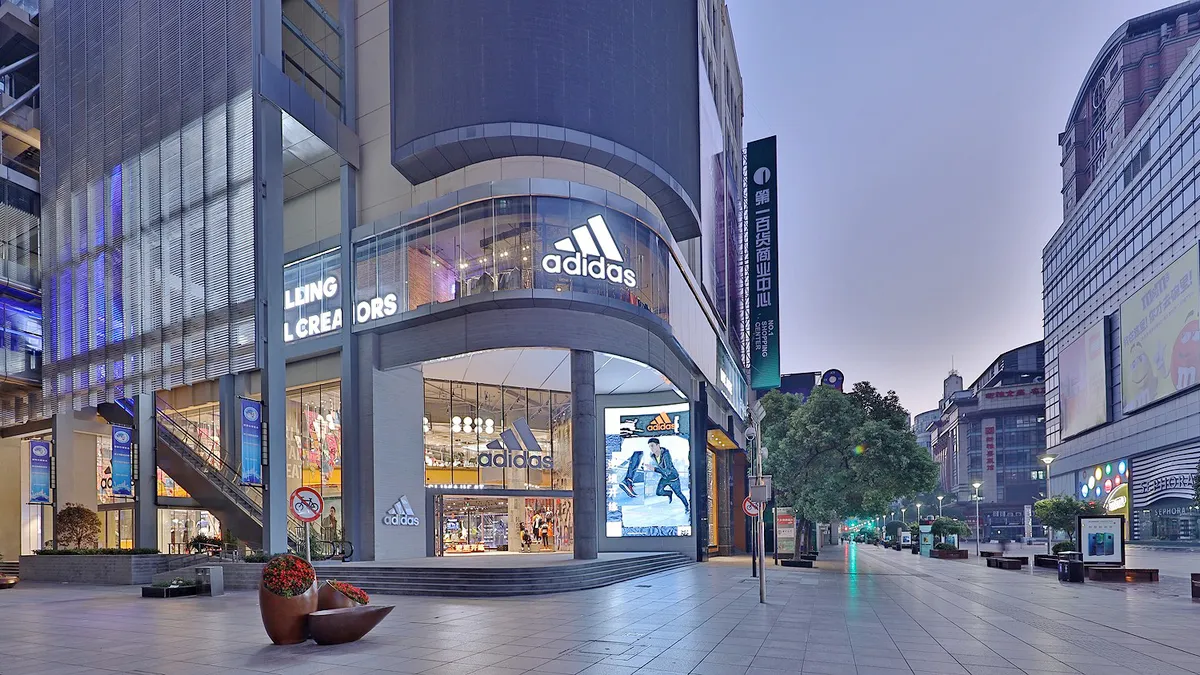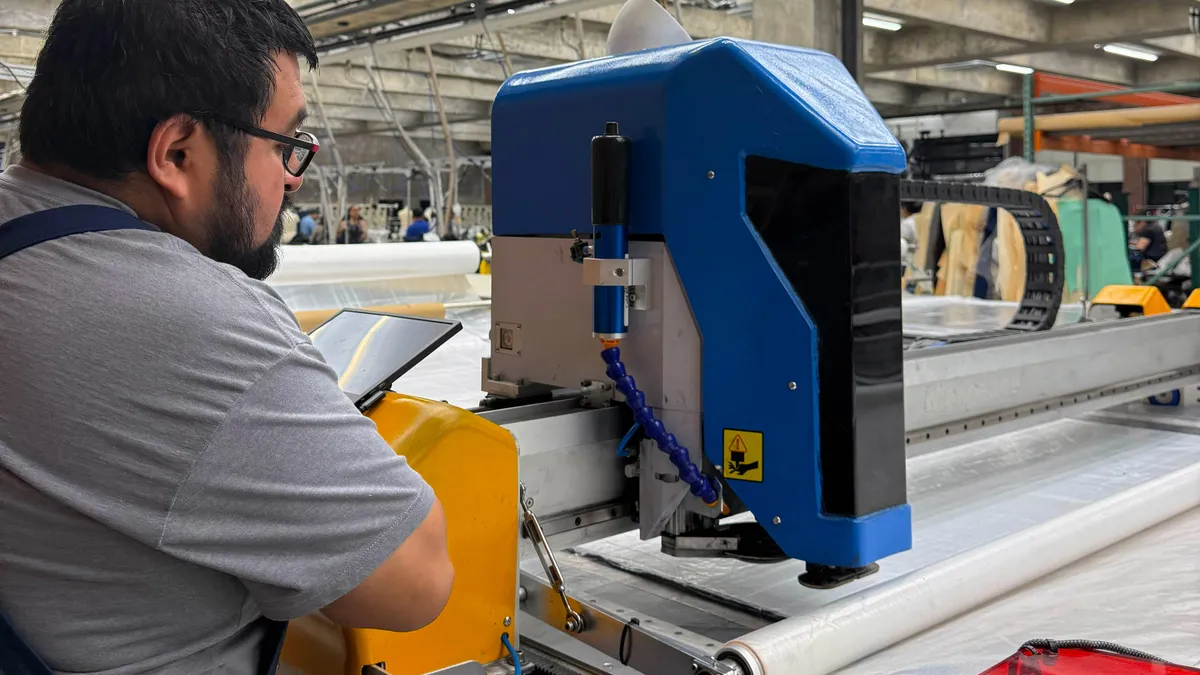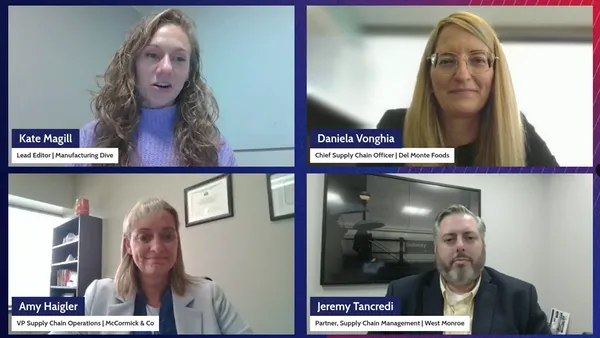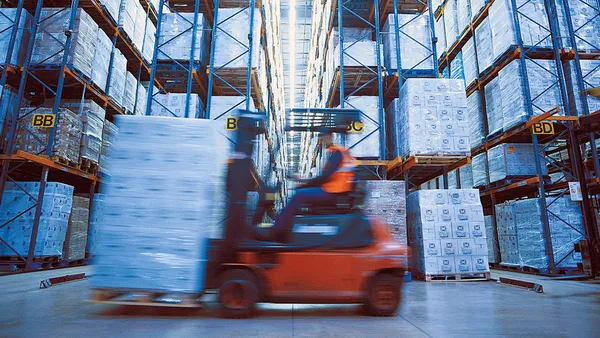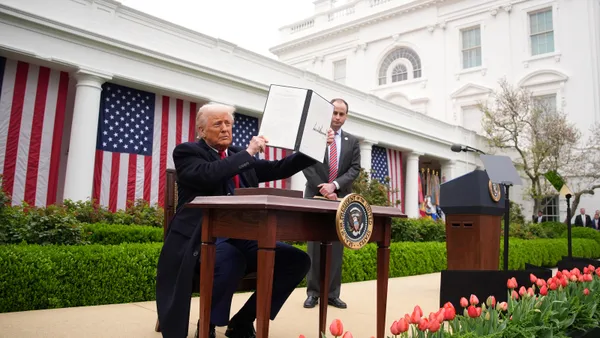Adidas aims to stop procuring U.S. goods from China, CEO of Global Brands Bjørn Gulden said during a July 31 earnings call.
“We have basically tried not to source any products anymore from China into the U.S.,” he said.
The CEO said that Adidas has done a “lot of work already” on its supply chain. Although those changes were not based on potential new U.S. tariffs, the company assured it is in “good shape” should that happen.
During a Q1 earnings call, Gulden told analysts that the supply chain is “going to be more local,” with China goods being produced in China, and India products being made in India. That localization "can bring more speed and agility into our pipeline," the CEO said.
The retailer has 82 factories in China, accounting for roughly 23% of its Tier 1 suppliers — the highest percentage among countries on its 2024 Global Factory list. China is followed by Vietnam and India, in addition to some other suppliers in Indonesia, Pakistan, Cambodia and more. The U.S. accounts for 13 of the retail brand’s Tier 1 suppliers.
In 2018, the Trump administration had implemented several tariffs on China-made goods which impacted many industries — and especially apparel. In May, the Biden administration surfaced plans for additional tariff increases, which is expected to have a significant impact on the retail industry, among others.
The threat of higher tariffs on products manufactured in China has prompted companies to pivot and diversify their supply chains as a strategy to avoid geopolitical risk. Oxo Pop and Osprey parent company Helen of Troy, for instance, is currently working with its suppliers to move production areas outside of China.
“Right now, that seems like the best strategy to diversify the supply base and reduce potential exposure to tariffs,” Helen of Troy CFO Brian Grass told analysts in July.
While not directly attributed to tariffs, Barbie’s parent company Mattel recently shuttered one of its Tier 1 supplier plants in China, and is looking to continue shifting production away from the country. As of April, about 50% of Mattel's products were produced in China.



